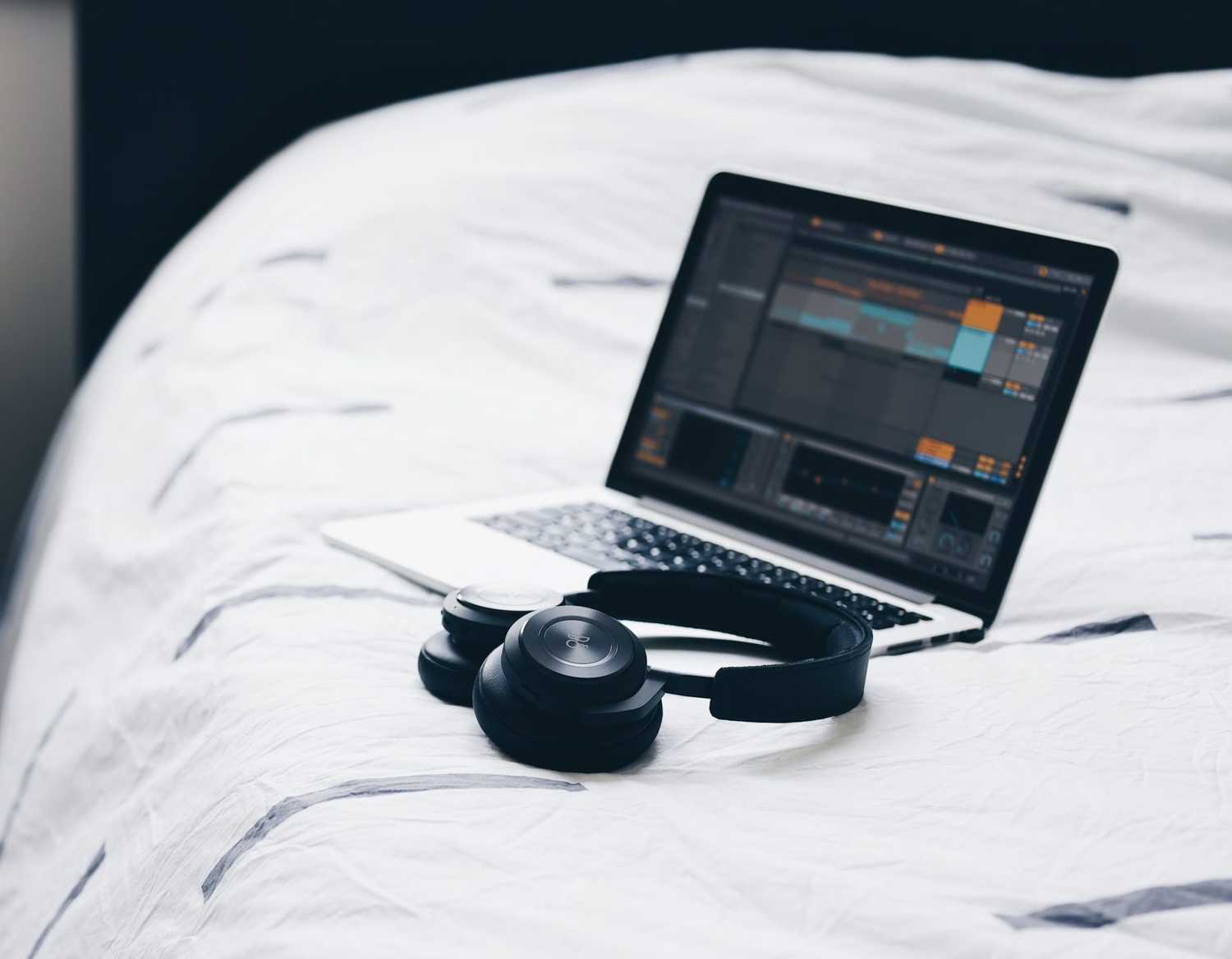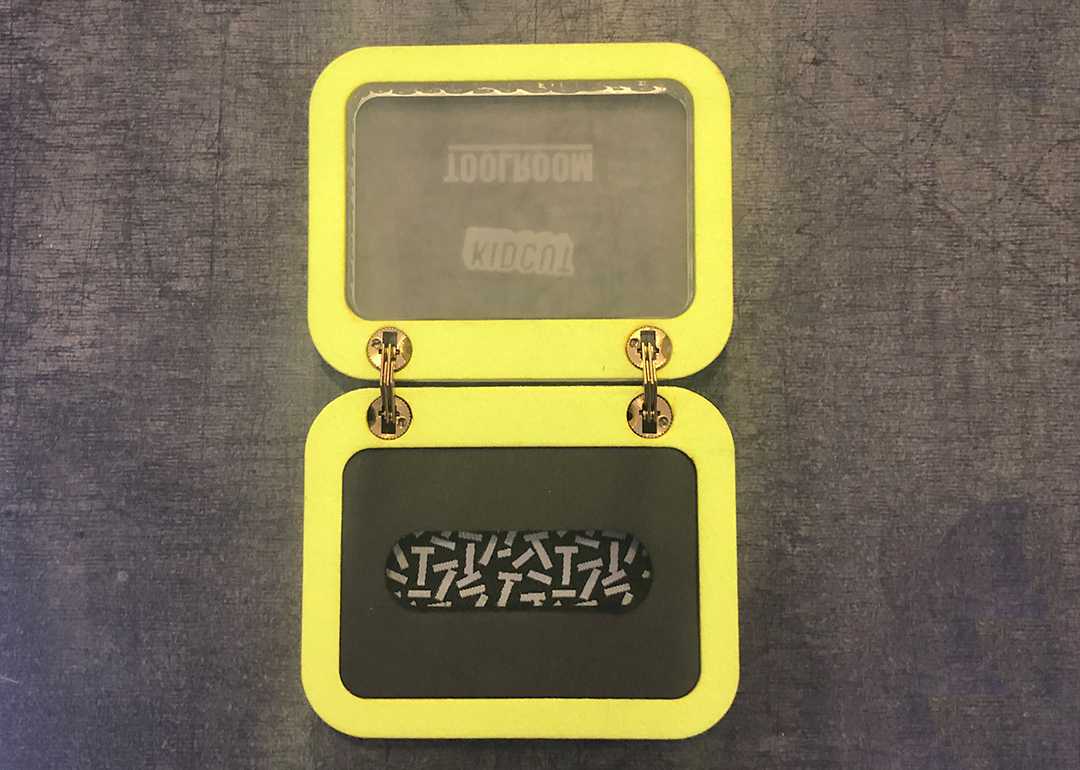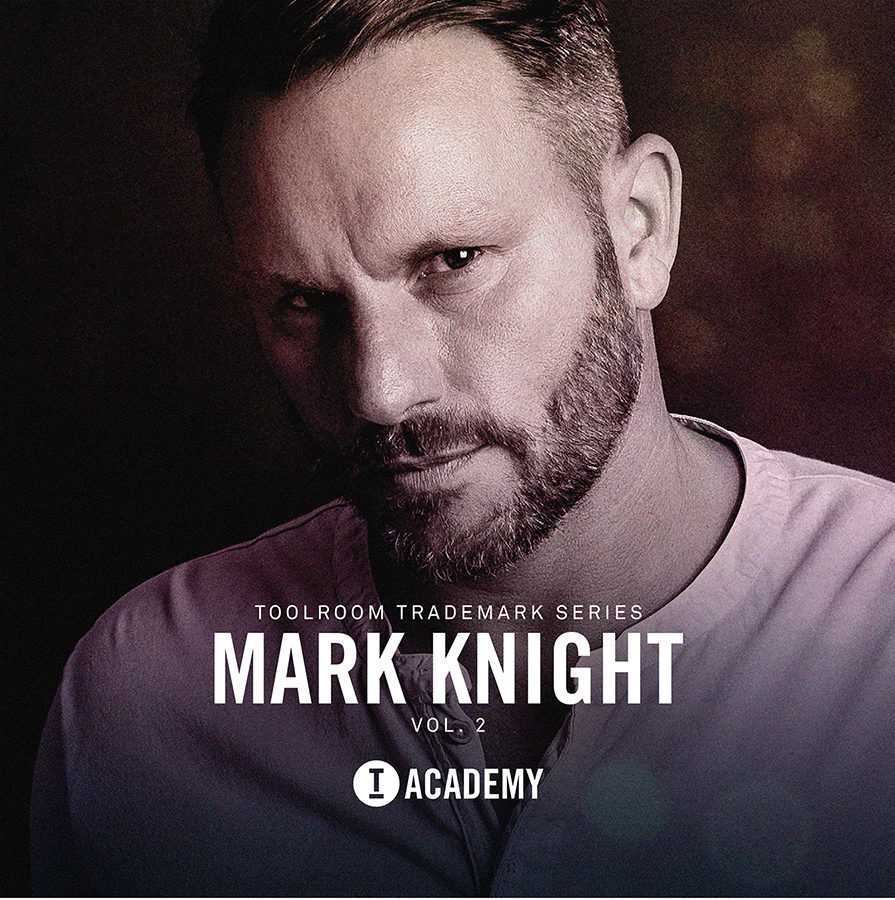has been added to your cart.

How To Get Your Demo Heard By Record Labels
Today, we're giving you 5 essential tips that show you how to get your demo heard by record labels.
You’ve slaved for hours on end finalizing your best demo yet. It’s finished – great job! Now that it’s time to get it signed, where do you start? The next logical step would be to get the demo in the hands of the right person. But, with so many people in the same boat as you, how do you make sure your demo won’t get lost in the mix? Today, we’re giving you 5 essential tips that show you how to get your demo heard by record labels.
Keep Your Email Short & Sweet
Keep in mind that many labels, even the small ones, receive dozens and sometimes hundreds of demos on a daily basis. It’s your job to make your email concise and to the point. Include one or two demos at maximum. Your demo should be labeled clearly with your name and email. Include a short bio about yourself and your successes and leave it at that. Not too long, not too short.
Sending an email like this is far from constructive:
“Hi Toolroom,
Sign my track?”
*Access denied SoundCloud link*
Equally, a 500-word report on how you deserve to be signed, may not even get read.
Easy Access
Make it easy for the A&R to listen to you your music. When sending demos always include a STREAMABLE link – preferably one that works. A download-enabled SoundCloud link is always superior, but if you wish to go to the efforts of sending a USB drive, make sure it’s in a format that can be easily accessed.
If the label has to download your track before they can even listen to it then it’s likely it will never happens an extra touch, why not go to the effort of customizing your demo package so your track really stands out from the pack?
Here’s an excellent example of how Kid Cut did just this and got his demo heard by thinking out of the box.

And guess what? We signed it!
While Kid Cut had already caught our attention by using our mastering service, it is personal touches that make a world of difference when learning how to get your demo heard by record labels!
Do Some Research – Google Is Your Friend!
Really, there is nothing more useless than sending an EDM record to a Tech House label. Do your research, find out whether your sound fits with the label – don’t just assume it will.
This seems obvious, but it happens all the time.
Once you’ve decided on what label you want to submit your music to, have a look through their website and social media pages, find out what the demo policy is, stick to it and maximize your chances of getting heard.
Before sending a demo, spend some time getting to “know” the record label. Commit a few hours to doing some deep Google searches about the history of the label, who is currently working there, and understanding the label’s current direction. These things have a way of changing!
If you’re truly dedicated, you’ll put in the time. Read interviews with label staff, find out the big hits of the label from years past, and learn everything you can. Treat it like you’re doing a book report on the record label you want to sign to, and leave no stone unturned.
Pro-tip: A great way of finding out who is currently doing A&R at a record label is by checking LinkedIn.
If, let’s say, you were to do some research on Toolroom, you’d find that Toolroom senior A&R Pete Griffiths recently put out a list of 5 ways to make your demo stand out.
This type of information is simply invaluable. Use it!
Keep It Personal
If you know the name of the A&R or Label Manager, then start your email with their name – it’s instantly more personal.
If you don’t know it, find out! Remember: you must do your homework here.
Only send your demo only to a select group of labels, or a few each week, giving the labels time to hit you back before moving on. The worst possible thing you could do is send a blanket email to 200+ label contacts all on ‘cc.
If you do this, there is absolutely no chance of getting a positive response.
Record labels like to see that you’ve put effort into your submission. Believe it or not, physically mailing your demo adds to your chances of getting your track heard.
Don’t know the label’s physical address? Again: RESEARCH. This is all publically available information online.
This is a bold move, and it might not necessarily help you get signed immediately. But, impressing the A&R is going to put you on their radar.
As Mark Knight himself always says, “What you’re venturing into here is a business.” By building brides and impressing people who can help you, you are effectively building relationships with key figures in the industry.
That, my friends, is simply invaluable.
If networking is a foreign concept to you, it never hurts to brush up on the basics with a great book on the topic, such as Dale Carnegie’s “How To Win Friends & Influence People.”
When learning how to properly network, you are sure to find that patience is absolutely crucial.
Patience Is Key – The Most Important Rule When Learning How To Get Your Demo Heard By Record Labels!
Last but not least, patience is so important in this game.
Getting no’s from labels is part of the process, what you need to do is learn to take positives from the experience.
Play the long game, and remember to never burn a bridge with anybody. The music industry is small, and you never know when you will encounter that same individual in the future!
If you are rejected, ask for feedback, and show that you’re seeking to improve yourself to fit their standard.
If a demo has not gotten a response, you can certainly send a follow-up. Once or twice, however, is plenty. It’s common business etiquette to spread out your follow-ups by no less than a week’s time. Hounding someone because they haven’t responded to your email is a big, big no. Don’t do this.
Put yourself in the position of a label A&R. Chances are, they’re also a touring DJ with a full-time schedule of gigs, studio work, family obligations, and maybe even a full-time job.
The last thing you want to do is get on their bad side. Being unprofessional and demanding a response is the quickest way to do just that!
Ultimately, getting signed almost always comes down to the music and a bit of luck. Building relationships, however, is a close second in terms of importance.
But, if you find yourself getting rejected over and over again, it may be time to go back to the drawing board and make sure that your productions are up to snuff.
Work With Toolroom Academy On Your Next Track
Learning to produce music is a long, complicated process. Add in the pressures of getting noticed in an increasingly competitive music scene, and you might start to feel dizzy.
The reality is that there are more music producers than ever before, all fighting to sign to the same record labels. Your work might be great, but it could still get beaten out by someone else’s that is just marginally better.
You have to stand out, and Toolroom Academy was created to help you do just that. We offer a whole host of courses, including our 12 Week Production Certificate Program that’s designed to help you nail the foundations of House, Tech House, and Techno.
For those of you who are already proficient, but who’s productions need that extra creative “edge,” look no further than our 16 Week Creativity: Unlocked Program.
Best of all, Toolroom Academy gives you the chance to work alongside Toolroom’s senior A&R team, giving you feedback on every step of the way.
Feel free to reach out to us and inquire about our current course selection, and begin the process of building your career with a world-leading record label.
What are you waiting for? Make it happen.
Login
X
